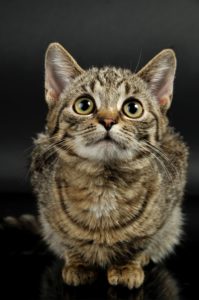
Hosted by That Artsy Reader Girl
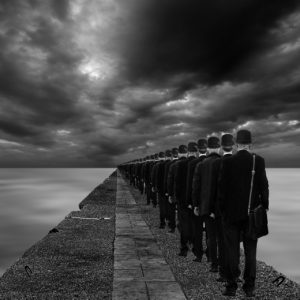 This has been a month filled with me having better luck finding fun stock photos for Top Ten Tuesday prompts than it has been with me actually coming up with ten answers each week due to how tricky I found most of the prompts.
This has been a month filled with me having better luck finding fun stock photos for Top Ten Tuesday prompts than it has been with me actually coming up with ten answers each week due to how tricky I found most of the prompts.
Sometimes things work out that way. But, hey, at least I’m having a good time in the process and I have the chance to feature some much older books this week that I usually wouldn’t include!
Here’s the thing about secondary characters. In most cases, I understand why the author wrote them that way and don’t actually feel the need to dive more deeply into their lives.
There are a few exceptions to that guideline, though. I’d love to know more about the following characters for reasons I’ll share below.
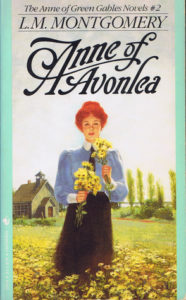
1) Dora from Anne of Avonlea by L.M. Montgomery
Why: While her twin brother, Davy, gets into all sort of mischief at Green Gables, Dora just sits there and doesn’t influence the plot much at all. I know she’s a quiet, good child like I was at her age. Even quiet, good kids who follow all of the rules have hopes and dreams, though, so I would have loved to know more about who she grew up to be in the later books in this series.
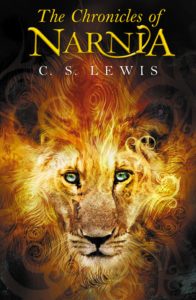
2) Susan Pevensie from The Chronicles of Narnia series by C.S. Lewis
Why: Yes, she was a major character in a few of the books, but she was quickly dropped from the storyline after that. I think she deserved better, especially when it came to her fate in the final instalment of this series that still irritates me.
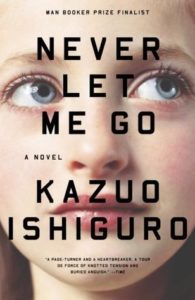
3) Miss Lucy (or any of the other Hailsham teachers) from Never Let Me Go by Kazuo Ishiguro
Why: This is going to be difficult to explain without giving away spoilers, but I’ve always wondered why the teachers at Hailsham weren’t horrified by the fates of the students they looked after for so many years. It’s one thing to be fed propaganda but quite another to spend so much time with children you have been taught are disposable without having second thoughts about your line of work. Why didn’t any of the teachers stir up a fuss? Or did they and were their attempts to change the system futile?
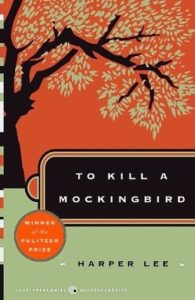
4) Arthur ‘Boo’ Radley from To Kill a Mockingbird by Harper Lee
Why: He was described as someone who terrified the local children, ate raw animal flesh to survive, and had a long, jagged scar on his face. (I suspect many of the stories about him were exaggerated by scared kids, if not made up entirely). When I read this book, I was sure those details were going to be explained and his backstory revealed, but it never happened. He deserves to have his tale told, though. I think it would be a fascinating one.

 I had a bit of an adventure trying to find a good stock photo for this week’s post.
I had a bit of an adventure trying to find a good stock photo for this week’s post.
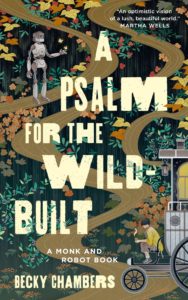
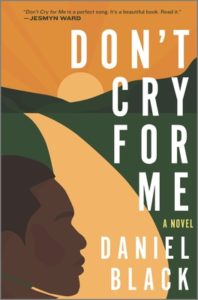
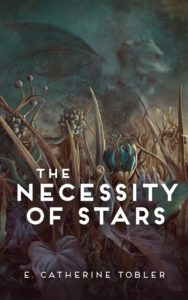
 1. Healthy Boundaries
1. Healthy Boundaries
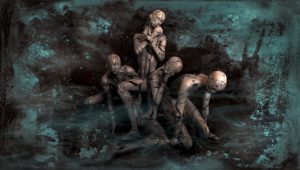 This was such a fun and easy prompt to do.
This was such a fun and easy prompt to do.
